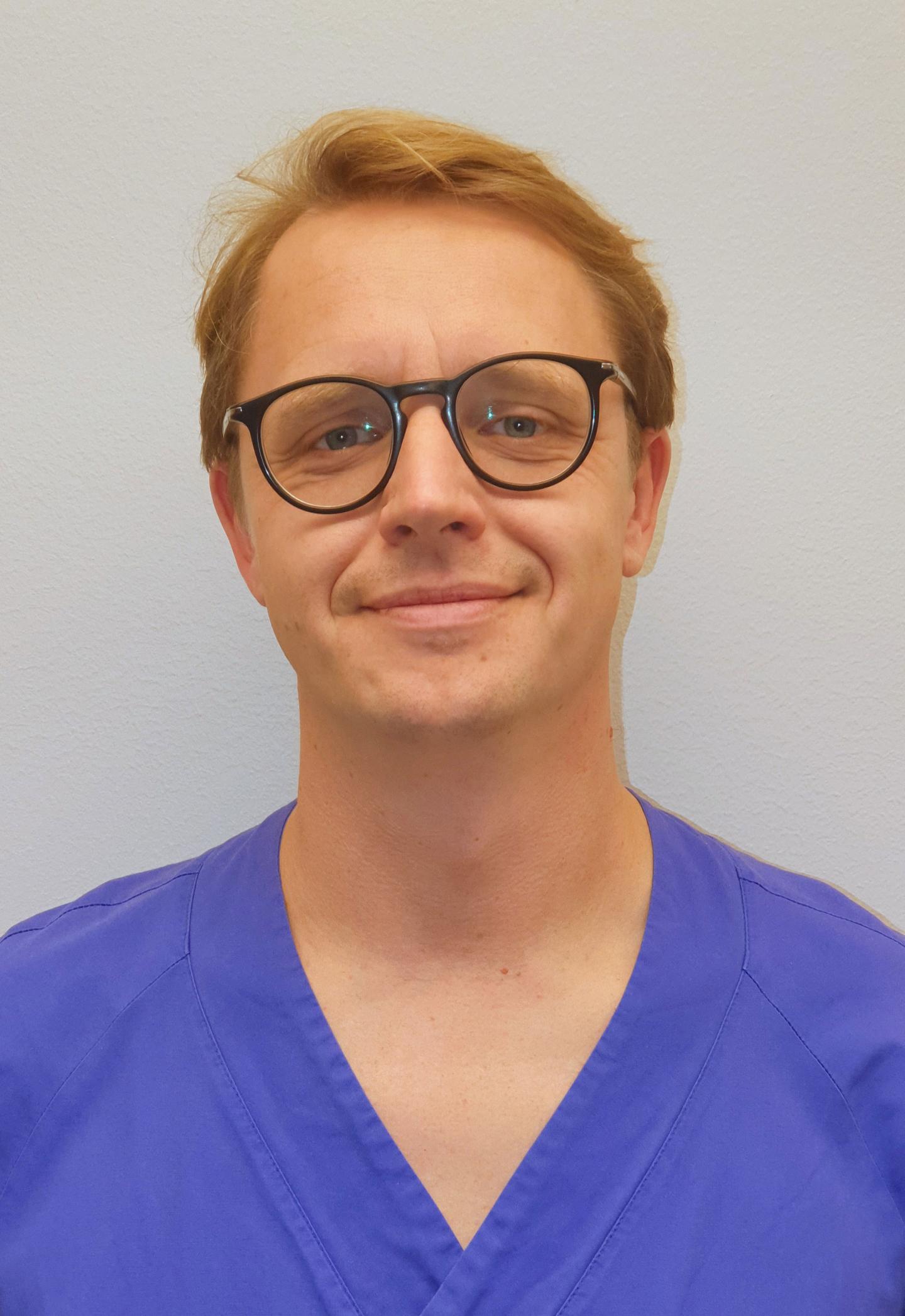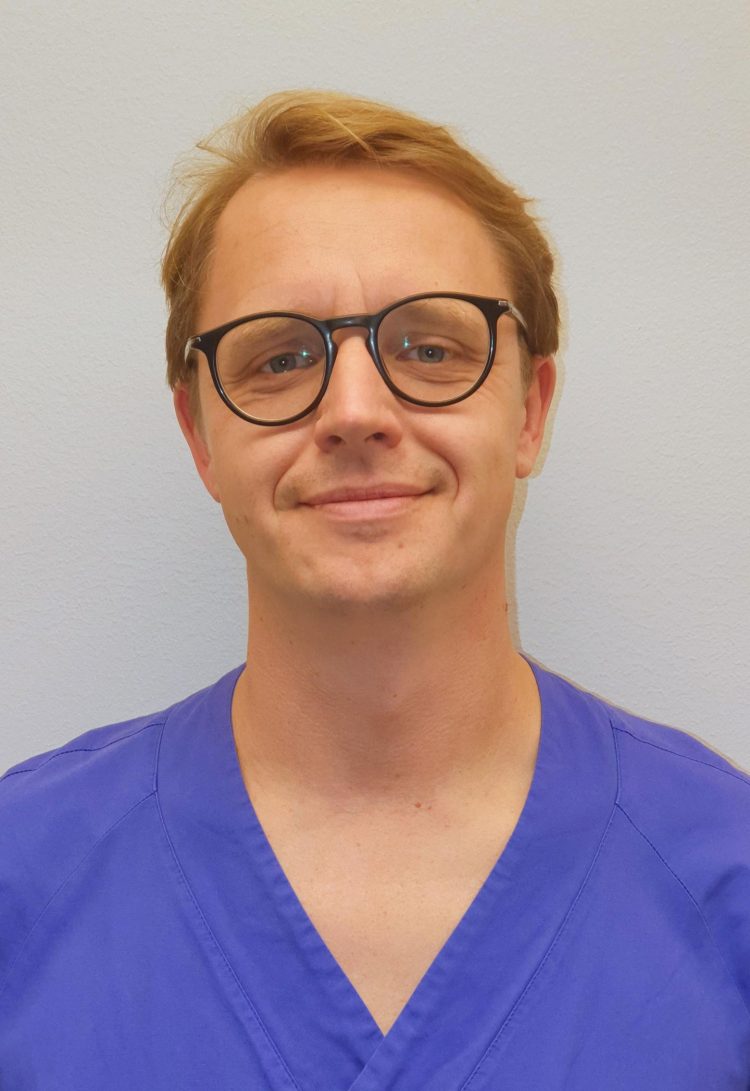
Credit: Photo by Jonathan Moonen
There is a risk of every fourth heart examined for possible donation being dismissed as unusable due to stress-induced heart failure. But this condition, according to new research, has no bearing on the outcome of a transplant. These results open the way for up to 30% more heart transplant.
“Systematic utilization of these hearts would mean a breakthrough for heart transplantation, as more patients could be accepted for transplantation,” says Jonatan Oras, senior lecturer at Sahlgrenska Academy, University of Gothenburg, and specialist physician in anesthesia and intensive care at the University Hospital.
The study, published in The Journal of Thoracic and Cardiovascular Surgery, is based on particulars of 641 potential heart donors in Sweden in the years 2006-2016. Either these people, who had been declared brain-dead, had said yes to donation during their lives or their survivors had given the go-ahead.
As many as 24% of potential donors had acute stress-induced cardiomyopathy, or broken heart syndrome, in which cardiac function is impaired in one part of the heart, while the other parts beats normally. This condition is caused by the massive surge in stress hormones observed in the course of brain death.
The functional impairment appears to be transient: Within a few hours or days, the heart recovers. Nevertheless, there are recommendations that these hearts should not be transplanted.
The selection process therefore varies from one location to another. To date, the transplantation center in Gothenburg has had favourable clinical experience of transplanting hearts with stress-induced heart failure, and there were 42 such cases in the current study.
The results show that when the donors’ hearts had been subject to stress-induced heart failure, the outcomes for recipients were no different. Neither was mortality affected; rather, it conformed to the expected 20% rate in both groups after ten years.
“The impairment in cardiac function seems to be temporary and is not caused by coronary artery disease or other heart disease. This fact fits well with stress-induced heart failure. When we repeatedly examine these hearts, we see that their function recovers quickly,” Oras says.
More studies are to follow the current one, to verify the results. Ending disqualification of donors with stress-induced heart failure is seen as especially urgent, since the condition arises more often in young people, whose hearts are otherwise well suited for donation.
“We estimate that the supply of donor hearts could be increased by 20-30% if these hearts are used,” Oras concludes.
###
Title: Left ventricular dysfunction in potential heart donors and its influence on recipient outcomes; https://www.jtcvs.org/article/S0022-5223(19)31369-8/fulltext
Media Contact
Jonatan Oras
[email protected]
Original Source
https:/
Related Journal Article
http://dx.





